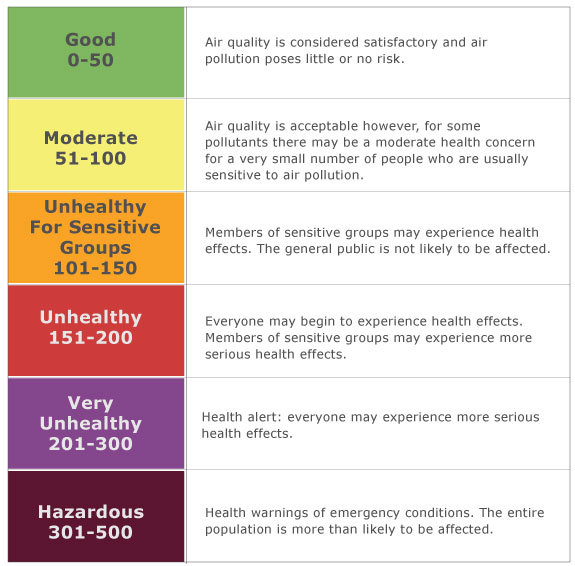According to UCAIR our vehicles account for almost half of the typical workday emissions. 1 (Homes, small businesses and buildings contribute 39 percent and industry sources contribute 13 percent of emissions.)
As a community bank, Bank of Utah cares about clean air too! Our employees live, work and play in Utah and we care about the harmful effects of air pollution as much as you. That’s why Bank of Utah is doing its part and we encourage YOU to limit your idling by implementing suggestions below as a step towards cleaner air for our communities, visitors and future generations!

Did you know?
- 10 seconds of idling uses more fuel and produces more pollution than simply turning off your car and restarting your engine.
- A car idling for two minutes uses about the same amount of fuel it takes to drive one mile.
- Frequent restarts are no longer hard on a car's engine and battery. The added wear is much less costly than the cost of wasted fuel (which can add up to $70-650 a year, depending on fuel prices, idling habits and vehicle type).
- Idling actually increases overall engine wear by causing the car to operate longer than necessary.
What Can You do to Improve Air Quality?
Drive Smarter
- Maintain your vehicle regularly to reduce pollution and save on repair and fuel costs.
- Combine errands to save time, gas and reduce pollution.
- Park and go inside or turn off your engine in drive through lanes at banks, restaurants, pharmacies, coffee shops, and at schools when dropping off or picking up children.
- When purchasing a car, consider purchasing a vehicle with an EPA Smog Rating of 8 or higher or an electric vehicle.
Drive Less
- Limit driving on red and yellow air quality days to have the greatest impact. See the Air Quality Index below.
- Consider using public transit, car-pooling or car-sharing.
- Ask your employer about working from home. (If you work 5 days per week, working from home just one day during the week would reduce your commute pollution by 20%!)
- If possible, walk or ride your bike around town or to work.
Bank of Utah is Doing More to Improve Air Quality
- Mobile Check Deposit and Remote Deposit. These innovative solutions allow customers and businesses deposit payments at their convenience by eliminating the need to drive and deposit checks in person!
- Online Banking. The features available in online banking and our mobile banking app allow customers to manage money without needing to travel to the bank.
- Company-wide Video Conferencing System. A video conference room is setup in every branch, drastically reducing the need for employees to drive to attend critical correlation meetings. This system also helps improve workplace efficiency and lower costs. The bank saved more than 60,000 lbs of emitted CO2e last year by utilizing the video conferencing system alone.
- Improved Lighting in Signs. Bank of Utah recently converted all of the lightning in its exterior signs to be energy-efficient LED lights (instead of florescent bulbs).
- Virtual Desktop Infrastructure (VDI). VDI technology allows employees to login to their work computer from anywhere, eliminating the need to be sitting at their desk to be effective. This allows employees to travel less often in general, and specifically on red and yellow air quality days.
Air Quality Index
The Division of Air Quality provides information about the health impacts of particulate levels through the Air Quality Index (AQI). The AQI is a color-coded tool that helps residents understand the health impacts of local air quality. The color codes correspond to air quality conditions. Green is good, yellow is moderate, orange is unhealthy for sensitive groups, red is unhealthy for all groups. Purple and maroon signal very unhealthy and hazardous air quality conditions, respectively.

Content from this page is supplemented, in part, with information from UCAIR.

1 UCAIR.com. Source of Emissions.